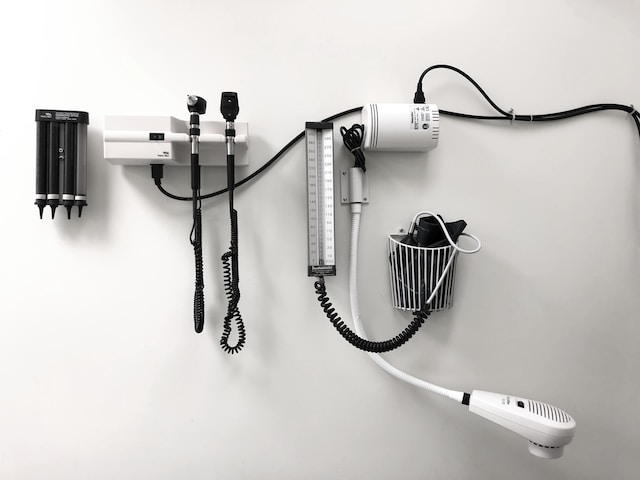
- This event has passed.
Jessor Lecture by Kate Cagney
September 21, 2023 @ 5:00 pm - 6:30 pm

Title: The Social Context of Health
Video: https://youtu.be/gY2ig27wXkg
Abstract:

Bio:
Kathleen Cagney, Ph.D., is Director of the Institute for Social Research and Professor of Sociology. Her work examines social inequality and its relationship to health with a focus on neighborhood, race, and aging and the life course. Her general aim is to bring insights from urban sociological theory and methods to research on health. In her neighborhood-based research she has worked with both structural and social process indicators of neighborhood context, including survey-based assessments, metrics of the built environment derived from systematic social observations, measures constructed from the Census, and sensors that assess air quality and street activity. Her experience working with secondary sources of neighborhood assessments was essential to more recent work in which she has collected primary assessments of context, validating measures of social cohesion and disorder, and constructing measures of the built environment, including commercial conditions. She is currently fielding a study (NIA R01 AG050605) that examines the social and spatial environments that older adults inhabit (their “activity space”), using smartphones to both geolocate respondents and implement brief Ecological Momentary Assessment (EMA) surveys. The focus of the current wave (NSF 2029384) is to examine activity spaces during to the COVID-19 pandemic. In related work, she is a Co-Investigator on the National Social Life, Health and Aging Project (NSHAP) where she has identified data linkage opportunities to round out NSHAP’s ability to speak to the social and physical context of respondents and the impact of historical events (e.g., foreclosure crisis) on well-being. In addition, she is collaborating on the development of the Great Smoky Mountains Study of Rural Aging (GSMS-RA) – the study of early determinants of the aging experience in rural context. One component will gather data on everyday life via GPS monitoring and an EMA design coupled with actigraphy and rural context profiles.
Cagney received a Bachelor of Arts degree in sociology and political science from Western Michigan University. She earned a Master’s in Public Policy degree from the University of Chicago, and a Ph.D. degree in health policy and management from Johns Hopkins University
Abstract:
The characteristics of the places where we age have profound consequences for our ability to adapt to change and maintain independence. Novel social science theory and data collection can bring insight into the content and structure of older adult lives. The Chicago Health and Activity Space in Real Time (CHART) study will provide one example of the use of new technology to address fundamental questions in urban sociology and in life course studies of older adult health. CHART employs innovative smartphone-based methods for the identification of older adults’ activity spaces (i.e., locations of routine activities in daily life). Analyses from 450 adults from ten Chicago neighborhoods who carried smartphones for GPS tracking and ecological momentary assessments (i.e., short phone-based surveys) over seven days are used to assess, for instance, how the span, characteristics, and experiences of activity spaces vary across socioeconomic status and racial/ethnic groups. A central goal of this research program is to describe the social and spatial environments in which older adults spend their time and how activity space influences social connectedness and health, and may be an unexplored source of inequalities in health. Applicability and extensions of this approach to rural contexts also will be discussed.
Sponsored by the Health & Society Program
